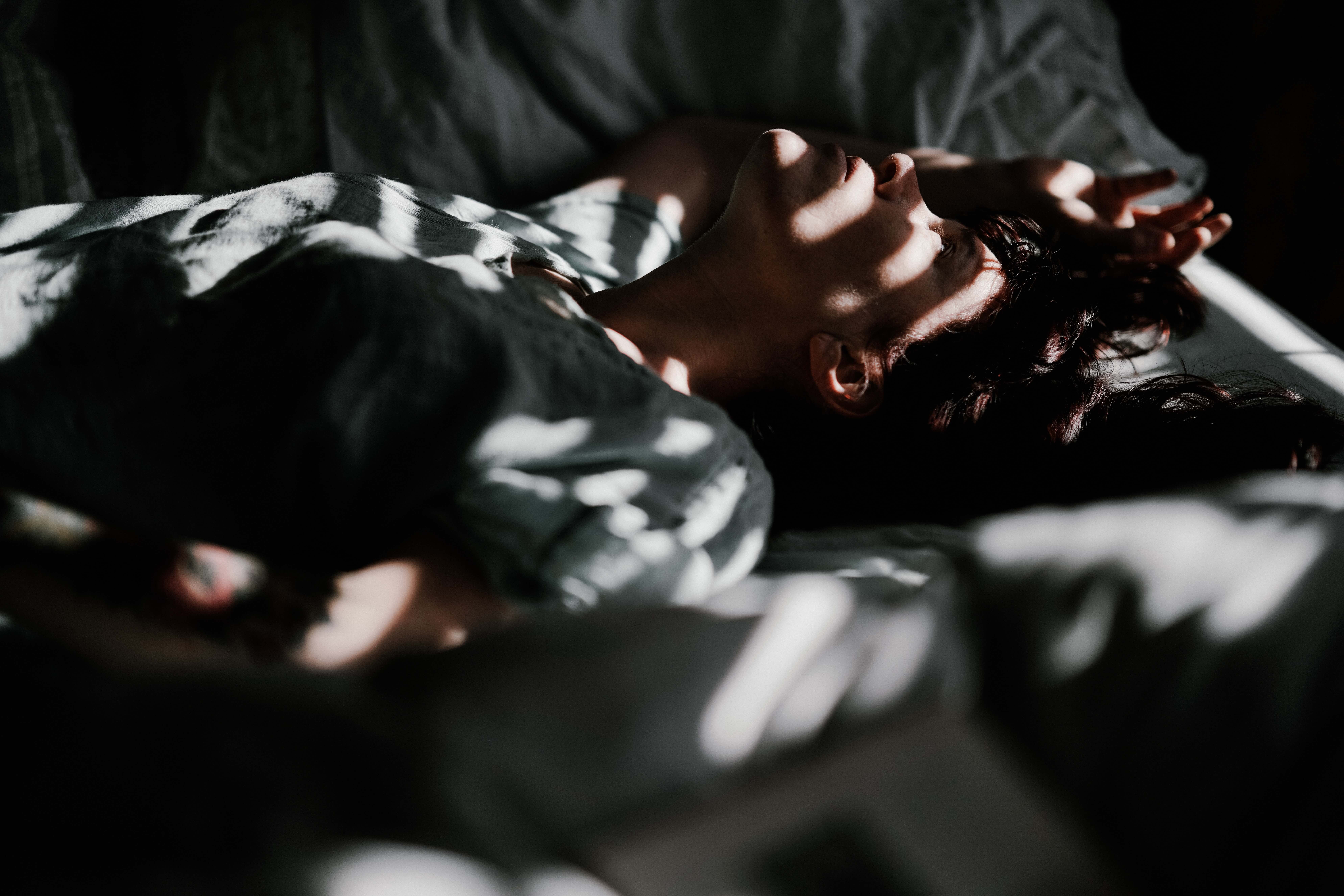An average adult needs about eight hours of sleep per night, but this number can vary. As you age, you may find you can survive on less sleep, or you may find you need more sleep, depending on the quality of sleep you achieve each night. However many hours of sleep you require, insomnia sufferers need help reaching the full amount.
Insomnia is when you can not sleep through the night without interruptions, affecting the way you feel and your activities throughout the day. If you suffer from insomnia, you are not alone; about 10% of sleepers suffer from a medical condition referred to as an insomnia disorder. Some people find insomnia a minor inconvenience, while others are deeply affected by it.
Causes Of Sleeplessness
There are several reasons you may suffer from insomnia but there is no concrete evidence on why. Genetics, brain activity differences, and medical conditions, such as acid reflux, sciatica, arthritis, a herniated disc, anxiety, depression, hormones, sleep hygiene, or even a simple change in your routine, like traveling or moving, can be the cause.
Insomnia Symptoms
Insomnia can mean you are not getting enough sleep because your sleep is being interrupted or because you are having trouble falling asleep at all. Insomnia can happen naturally or be the beginning of a bigger issue.
Causes of short-term insomnia can include anxiety, depression, uncomfortable sleeping conditions (your room is too warm, has too much light, or your pillow or mattress is uncomfortable), noise distractions, or excessive drug or alcohol use before bed.
If you have trouble falling asleep, it is known as sleep onset insomnia. If you wake up in the middle of the night but you fall back asleep, it is called maintenance insomnia; this is the most common type of insomnia. If you wake up too early in the morning and can not fall back asleep, it is known as early waking insomnia.
Symptoms of insomnia include feeling tired throughout the day, delayed reactions, trouble remembering things, confusion, lost concentration, anxiety, depression and irritability.
Sleep Apnea Symptoms
Sleep apnea is a potentially serious sleep disorder where your breathing repeatedly stops and starts. Men tend to suffer from this disorder more commonly than women.
Symptoms of sleep apnea may include loud snoring, gasping for air during sleep, waking up with a dry mouth, morning headaches, difficulty staying asleep, and daytime sleepiness, known as hypersomnia.
Sleep Deprivation Symptoms
If your insomnia lasts an extended period of time or gets worse, it may lead to sleep deprivation. This can be a result of voluntary or involuntary sleeplessness or a circadian rhythm sleep disorder.
Symptoms include reduced alertness, shortened attention span, slower than normal reaction time, poor judgment, delayed decision-making skills, inability to remember things and reduced concentration.
Sleep deprivation can lead to other serious conditions like anxiety, depression, hypertension, heart attack, stroke, obstructive sleep apnea, type 2 diabetes, obesity and psychosis.
How To Deal With Insomnia
Fortunately, there are several ways to help overcome your insomnia, including changing your sleeping habits and daily routine to help improve the quality of your sleep.
Practicing good sleep hygiene means that you stick to a regular sleep schedule. Do this by going to bed and waking up at the same time every day and avoiding naps so your mind and body are tired and ready for sleep each night.
Tricks For Falling Asleep

There are a few steps that you can take to get a better night of sleep regularly.
First, schedule your sleep pattern by going to bed and getting up at the same time every day. Next, exercise regularly and limit napping during the day. Avoid eating or drinking a few hours before bedtime, and especially avoid alcohol. Make sure your bedroom is a comfortable environment and limit screen time in your bedroom. Reduce stress and worrying in bed. If you struggle with this, cognitive therapy may be the answer.
If you feel that your mattress may be the reason that you are suffering from insomnia, a hybrid mattress may be the best choice to buy to help you with your sleeping issues. Hybrid mattresses combine coils that support your body and keep your spine aligned with layers of comfort material to cradle the curves of your body and relieve pressure on your pressure points.
The Purple Restore Hybrid Series, the TEMPUR-Pedic ProAdapt Hybrid or ProBreeze Hybrid, the Sealy Posturepedic Plus Brenham Hybrid and the Puffy Royal Hybrid are just a few recommended mattress solutions for you to try.
Conclusion
It is proven that you are able to improve your sleep quality by choosing the best mattress for you. A mattress should support the healthy curvature of your spine, promote comfort, provide proper spinal alignment, allow body temperature control and fit your budget.
Come to any of our Mattress Express locations and a sleep specialist will help you guide you to find the perfect mattress for you.


